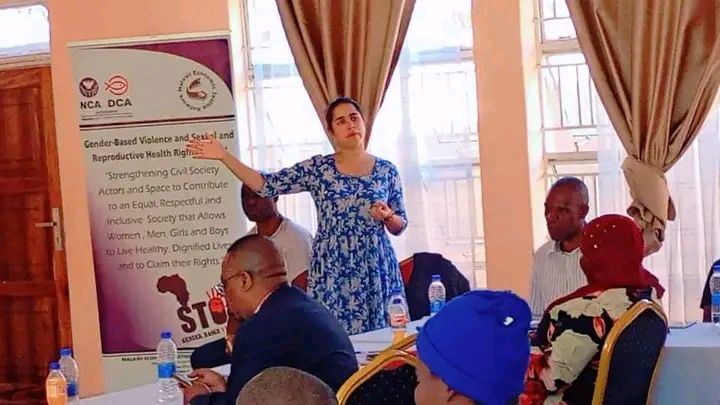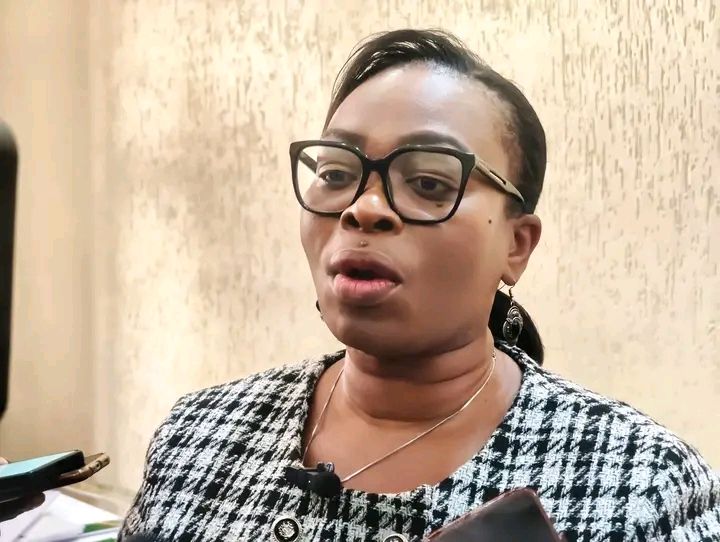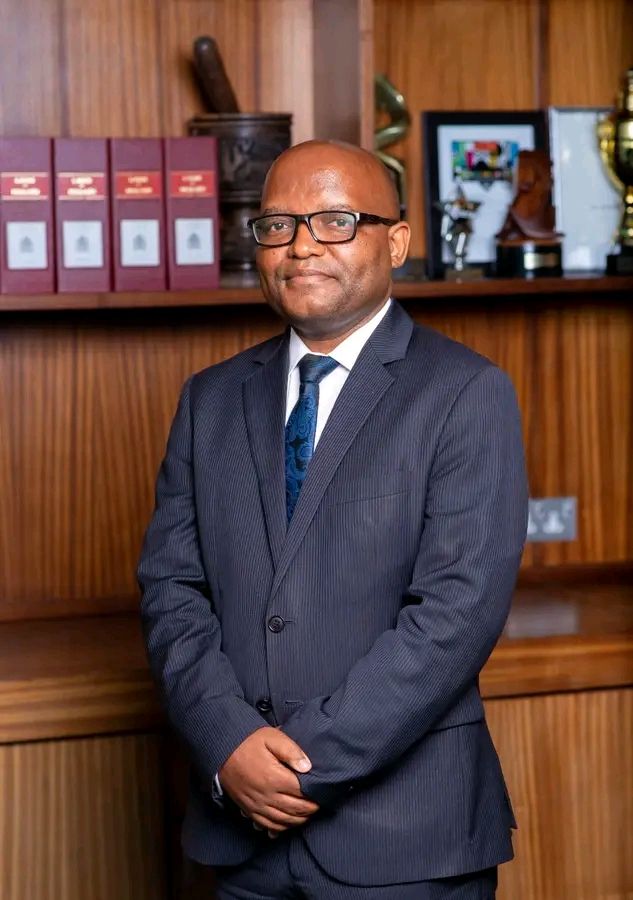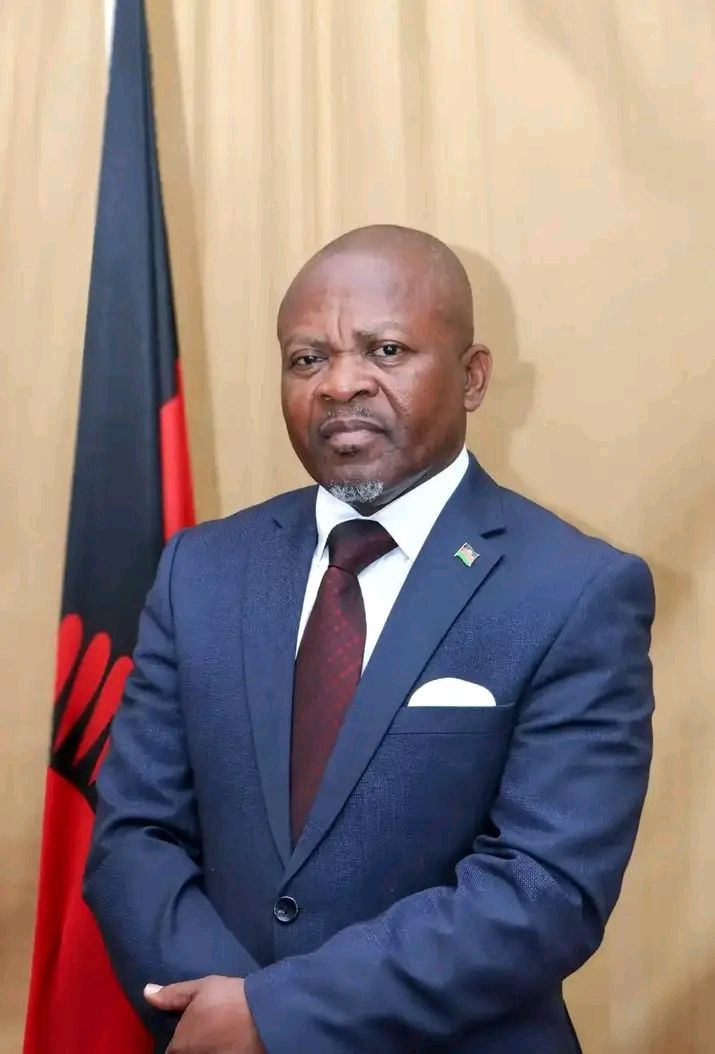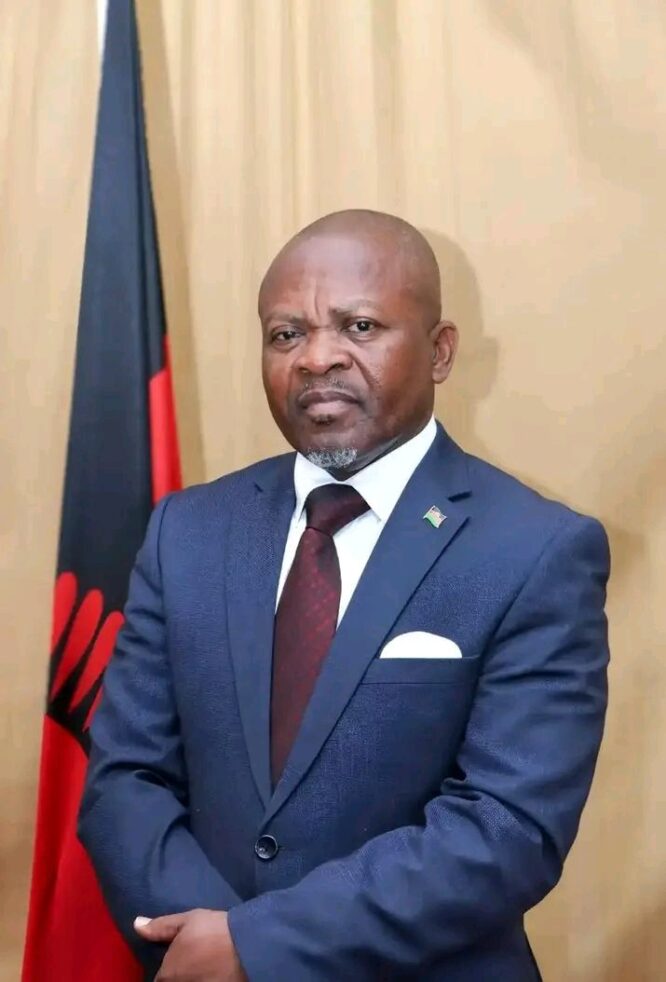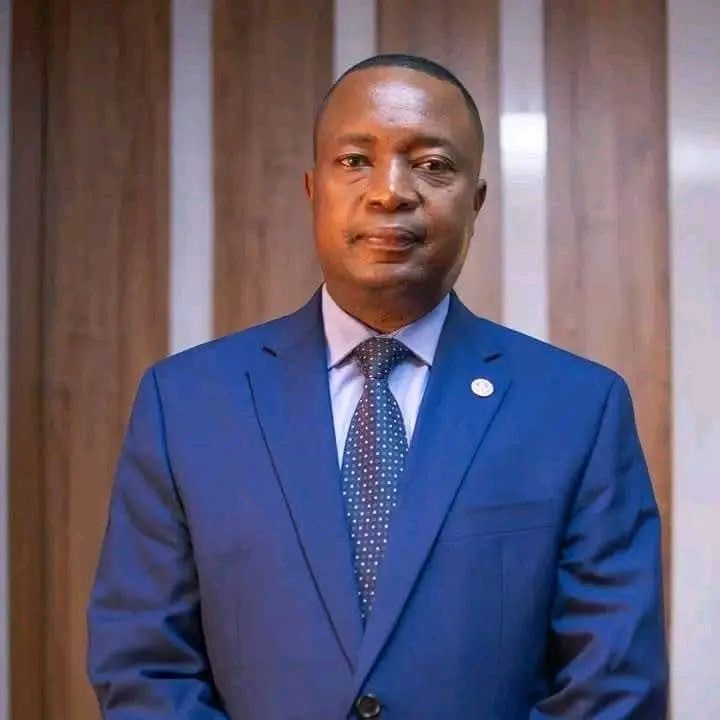By Jones Gadama
The Malawi Economic Justice Network (Mejn) has taken a significant step towards addressing mental health and substance abuse issues in the district by training a diverse group of community leaders.
The training, which targeted youths, religious leaders, women, men, and community-based organization (CBO) leaders, aimed to equip participants with the necessary skills to support survivors of drug and alcohol abuse and gender-based violence (GBV).
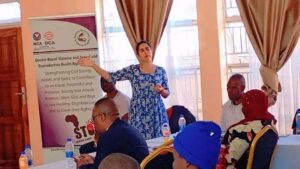
The training is part of the “Empowering Young People Aged 15–24 to Fight Drug and Alcohol Abuse” project, being implemented in Traditional Authorities Mponda, Chimwala, Jalasi, and Namkumba with support from the FORUT Project through Norwegian Church Aid and DanChurchAid.
Mejn programme manager Cecilia Phiri emphasized that the training’s primary objective was to impart knowledge on mental health to participants, enabling them to effectively assist survivors in their communities.
“We wanted to equip participants with psychosocial skills to help them support drug and alcohol abuse survivors and GBV survivors in their communities,” Phiri explained, adding that,“By doing so, we hope to create a supportive environment where survivors feel comfortable seeking help and guidance.”
The training has been well-received by participants, who have expressed gratitude for the opportunity to build their capacity to handle GBV and substance abuse cases.
Zainabu Imedi, chairperson of Ntenje CBO in Traditional Authority Chimwala, praised the training for providing valuable insights and skills.
“This training has been enlightening, and I am confident that it will enable me to better support survivors of GBV and substance abuse in my community,” Imedi said, adding that,“I appreciate the efforts of Mejn and its partners in empowering us to tackle these critical issues.”
The project’s impact is expected to be significant, as it addresses the pressing issues of substance abuse and GBV in the community.
By empowering community leaders with the knowledge and skills to support survivors, the project aims to create a ripple effect that will lead to positive change.
The training marks an important step towards creating supportive communities where survivors of GBV and substance abuse feel empowered to seek help.
As the project continues to unfold, it is expected to make a meaningful difference in the lives of many individuals and families in Mangochi.
Mejn and its partners remain committed to empowering communities and promoting positive change.
Through initiatives like this, they are working tirelessly to address the complex issues surrounding mental health, substance abuse, and GBV.


